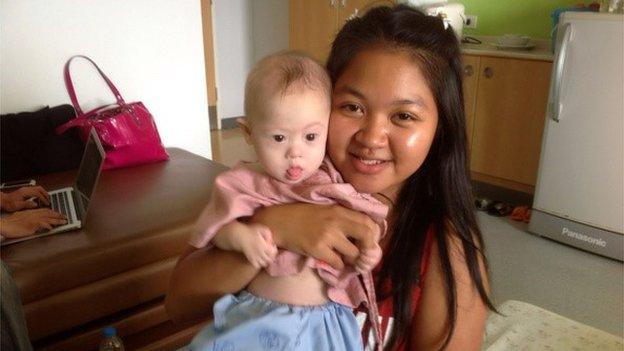Australian couple 'did not reject Down's baby' Gammy
- Published
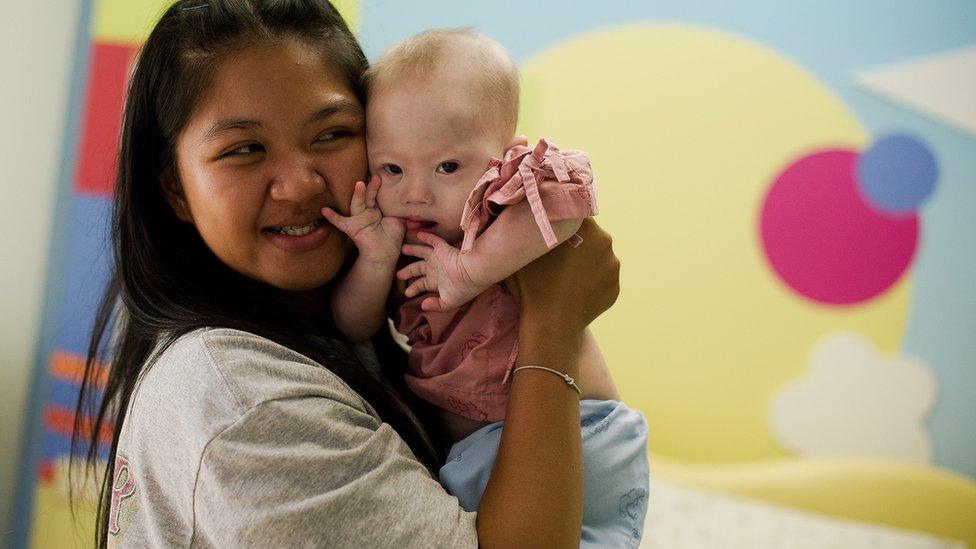
Pattaramon Chanbua with baby Gammy, who was born with Down's syndrome
An Australian couple involved in an international surrogacy dispute did not abandon their surrogate baby in Thailand, a court has found.
Australian David Farnell and his wife Wendy turned to surrogacy after they were unable to conceive naturally.
In December 2013, surrogate Pattaramon Chanbua gave birth to a boy, Gammy, and a girl, Pipah, conceived with Mr Farnell's sperm and donor eggs.
Ms Chanbua had said the couple rejected Gammy because he had Down's syndrome.
The Farnells returned to Australia with Pipah in February 2014 and Ms Chanbua sought a court order to have the girl returned to Thailand.
Revelations that Mr Farnell was a convicted child sex offender added to controversy surrounding the case.
Where can you legally have a surrogate baby?
Thailand's crackdown on 'wombs for rent'
But Chief Judge Stephen Thackray of Western Australia's Family Court ruled in a judgement released on Thursday that Pipah should stay with the Farnells.
The judge acknowledged the case was emotionally charged for all parties, saying conflicts were exacerbated by cultural differences and the constant need for a translator.
"Their ability to recall what happened, and in what order, has been impaired by the anxiety felt for the health of the babies, and by the tensions that arise when a woman's body is rented for the benefit of others and where the unit of exchange is measured in the life of a new human being," Judge Thackray said.
Gammy 'thriving'
The court noted that although Mr Farnell, 58, was a convicted sex offender, there was a "low risk of him abusing the girl".
The judge also found Mr Farnell and his wife did not access a trust fund set up for Gammy, as was initially reported after the story broke in 2014.
Gammy's case drew donations from around the world, which have been managed by an Australian charity and used to pay his hospital bills and buy a new home for Ms Chanbua's family.
Judge Thackray said in his ruling, external that Gammy appeared to be "thriving" in Thailand with the "love and support" of Ms Chanbua's extended family.
Last year Thailand passed laws banning foreigners from paying Thai women to be surrogates following the high-profile case.
Only married Thai couples or couples with one Thai partner who have been married at least three years can seek surrogacy.
Anyone caught hiring a surrogate mother now faces a maximum jail sentence of 10 years.
- Published15 August 2014
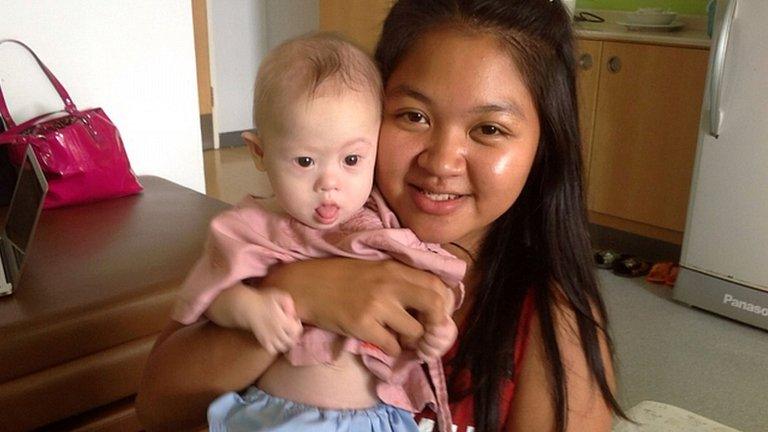
- Published6 August 2014
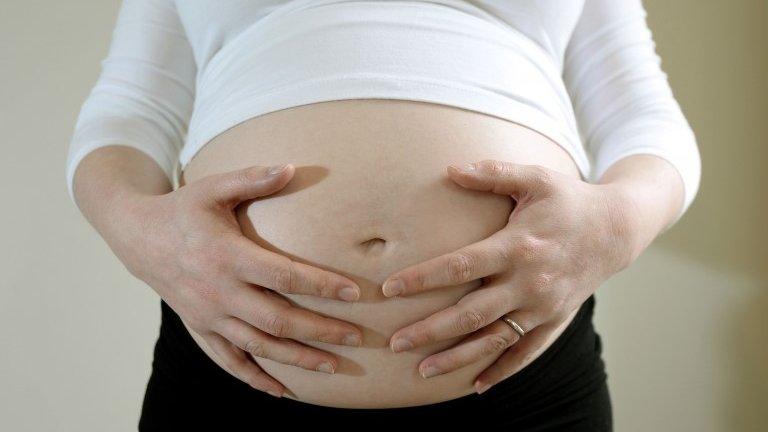
- Published20 February 2015
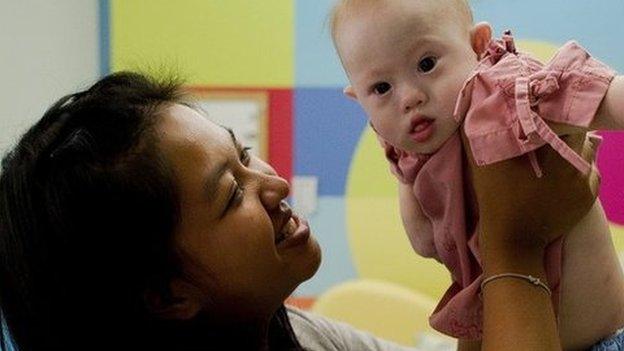
- Published20 January 2015
